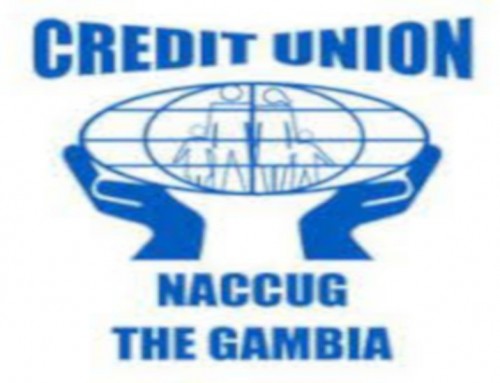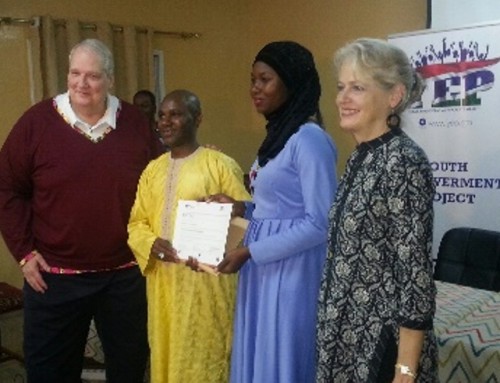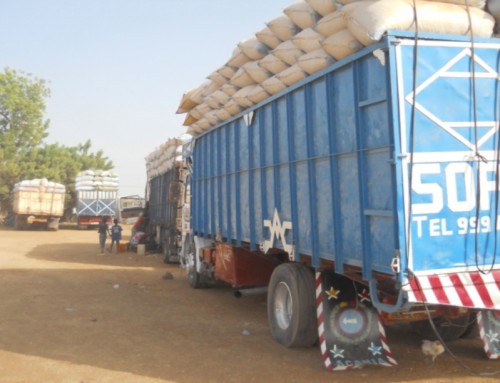Speaking at a press conference on the 20th anniversary of the July 22nd revolution at Churchill’s Town yesterday, Sallah stated: “Twenty years after the July 22nd coup, instead of becoming an economic superpower, The Gambia has not graduated from the class of a least developed country but has in fact earned the qualification to join the class of a highly indebted poor country. The country’s domestic debt alone stands at D11billion as a result of continuous borrowing. When you look at a budget, there must be a source of income and the source of income for The Gambia government is mainly by taxation… But taxation alone cannot solve the problem in a country where people are poor and the business communities are not well-endowed. If you increase taxation, many businesses in the country will crash and therefore, you cannot expand the tax base without crippling the economy. So how are you going to have income to spend? Well, it is only through loans and this is what has led to the D11 billion domestic debts. Taking money from the treasury bills increases a country’s domestic debt burden and this has to be repaid with interest. At the end, you go back to the same budget that is being utilised to provide inadequate services and the additional burden of repaying debt. So what happens is you will have less to spend because the services must go through a cost recovery. There are times when people start saying The Gambia’s cost of living is cheaper compared to other countries like Senegal. But they will not ask what the salary scale in Senegal is. If we say The Gambia is cheaper in terms of living costs, we should also ask what the salary scale of Senegal is. If you look at the salary scales here, the earning capacity and start increasing the services, comparatively, you discover that you are increasing poverty. The answer to this problem is universal because crisis-stricken countries like Greece went through similar situations. States have to have productive enterprises because they cannot rely only on taxation and this is our development paradigm.”
Mr Sallah said that the winning formula to prevent the country from going into greater indebtedness is to harness other productive sectors of the economy. He stated that public enterprises alone can contribute immensely to the economic growth of a nation and needed more attention.
“There have to be productive enterprises even when the private sector can develop and build what it wants in order to generate dividends. These are any enterprises that are feasible in a country from manufacturing, to communication, to mining. For example, mining is taking place in Sanyang and Batokunku and Kartong. So if we were running a government that put mining under the public sector, and also if it is going to be public-private, we will be able to entertain some investment, but generally, it should be controlled by the public sector so that whatever is derived from it will be put into the sovereign national wealth fund to finance development. The public enterprises should have the same formula so that they become productive and profitable and ultimately they will pay dividends to government. PDOIS proposes, when given a mandate, to build a self-reliant economy that is capable of integrating with regional and other continental economic groupings to promote the establishment of a continental financial institution or commercial and cooperative banks.”





